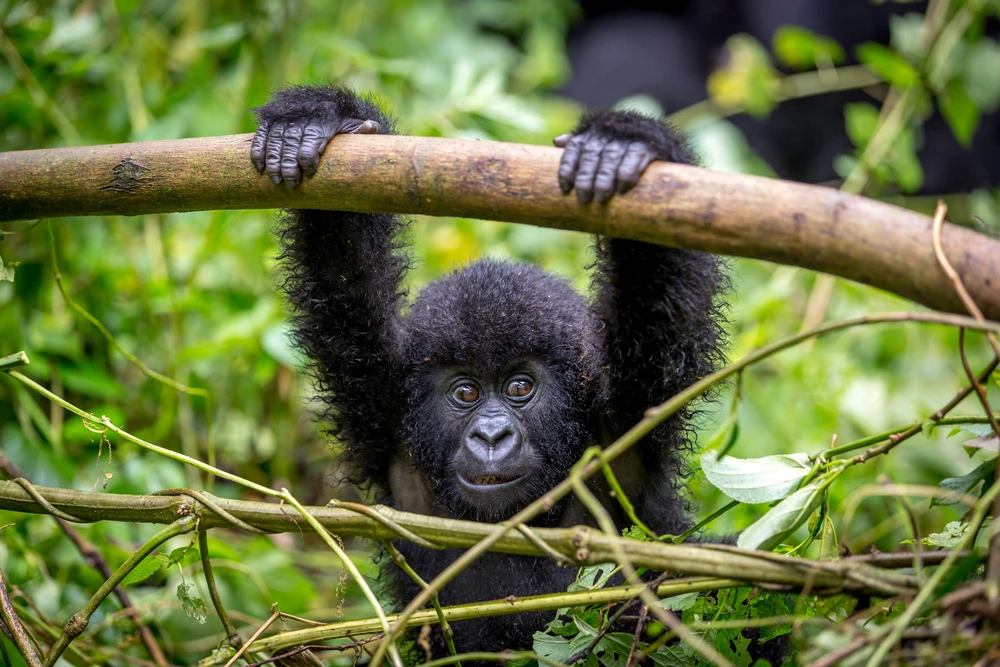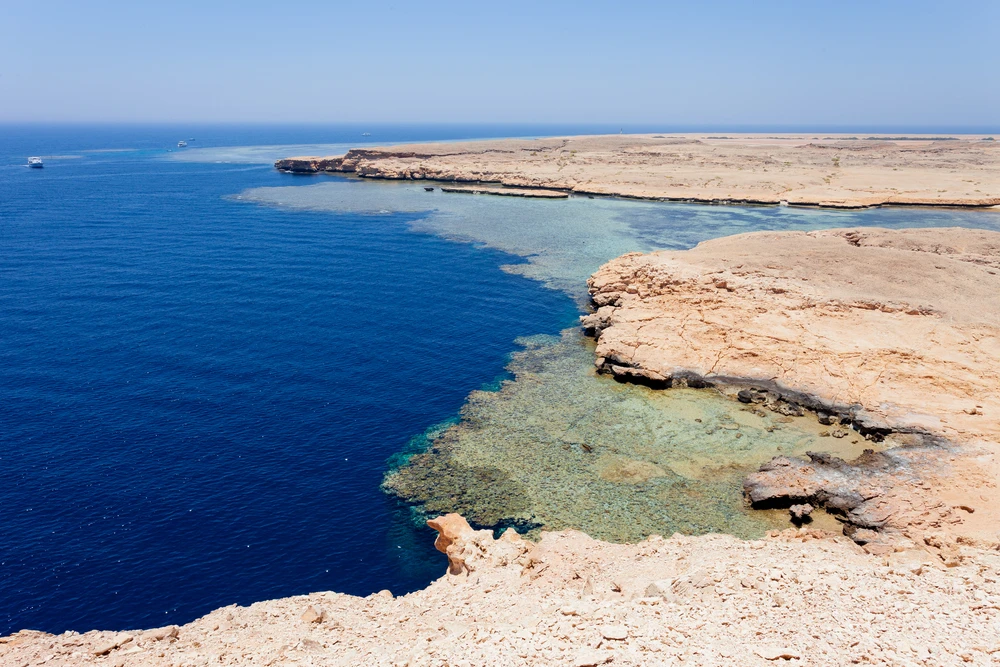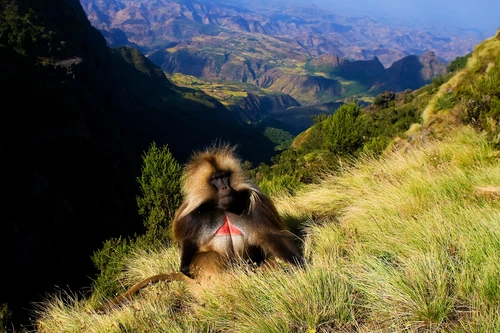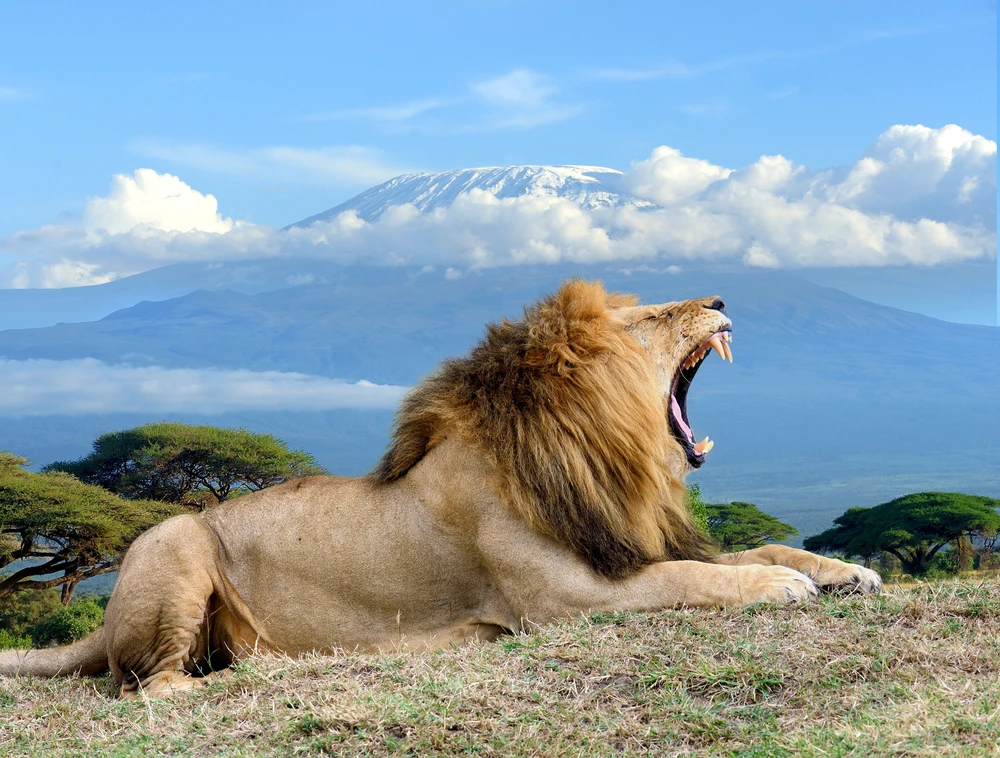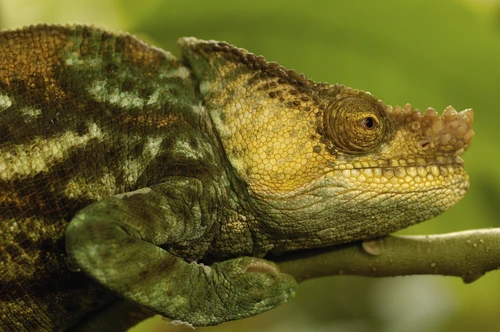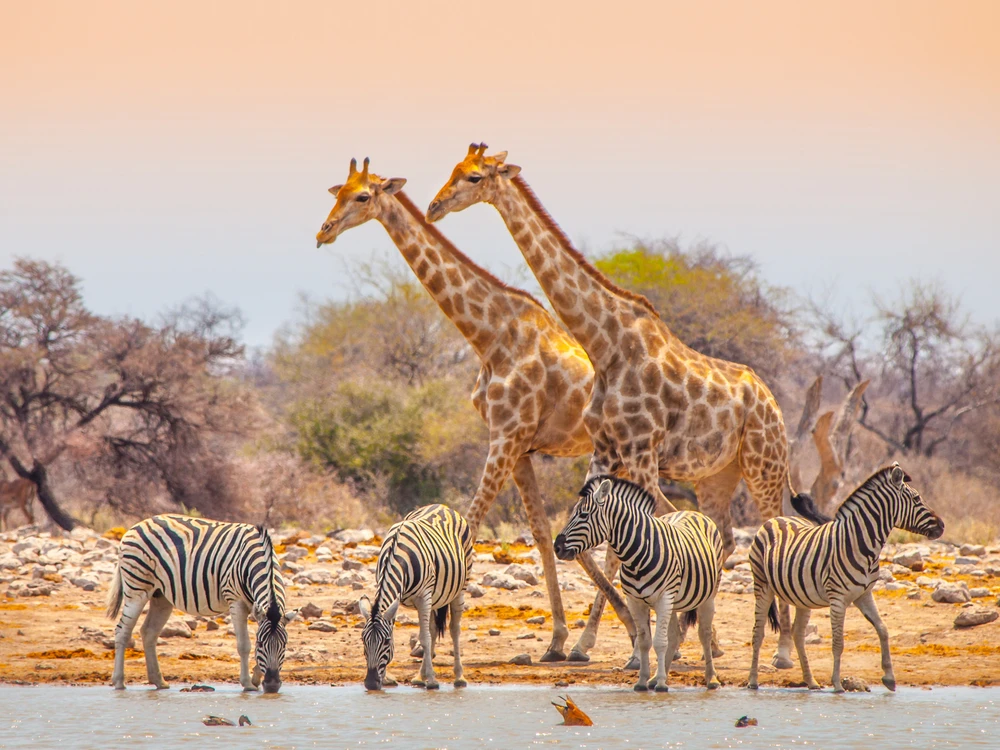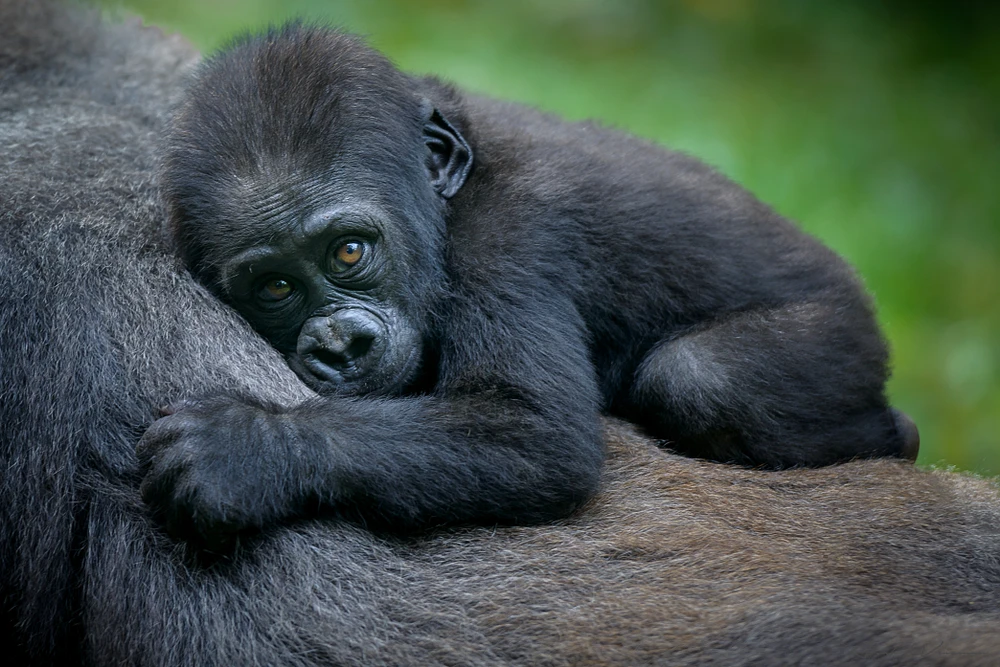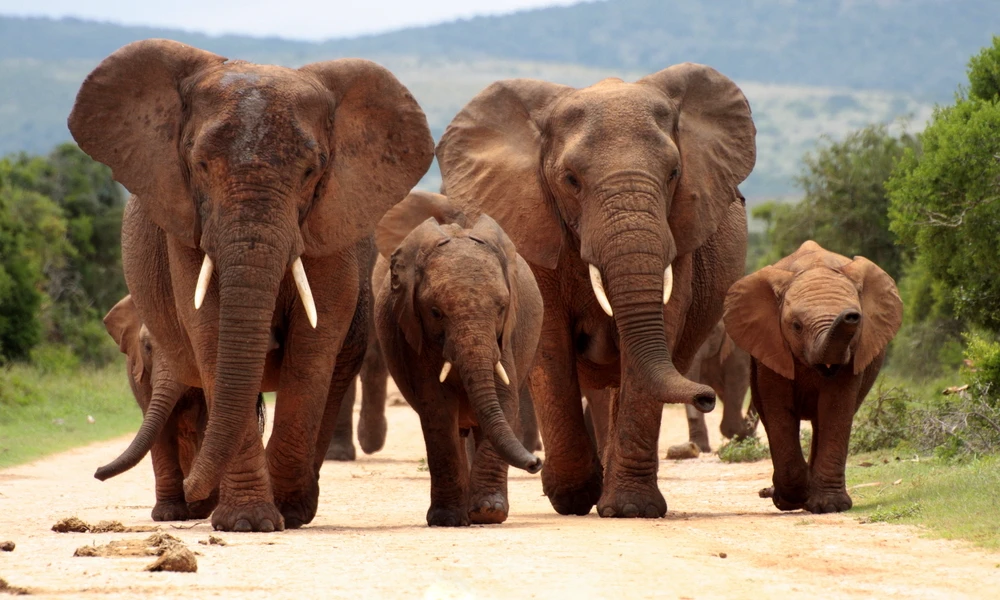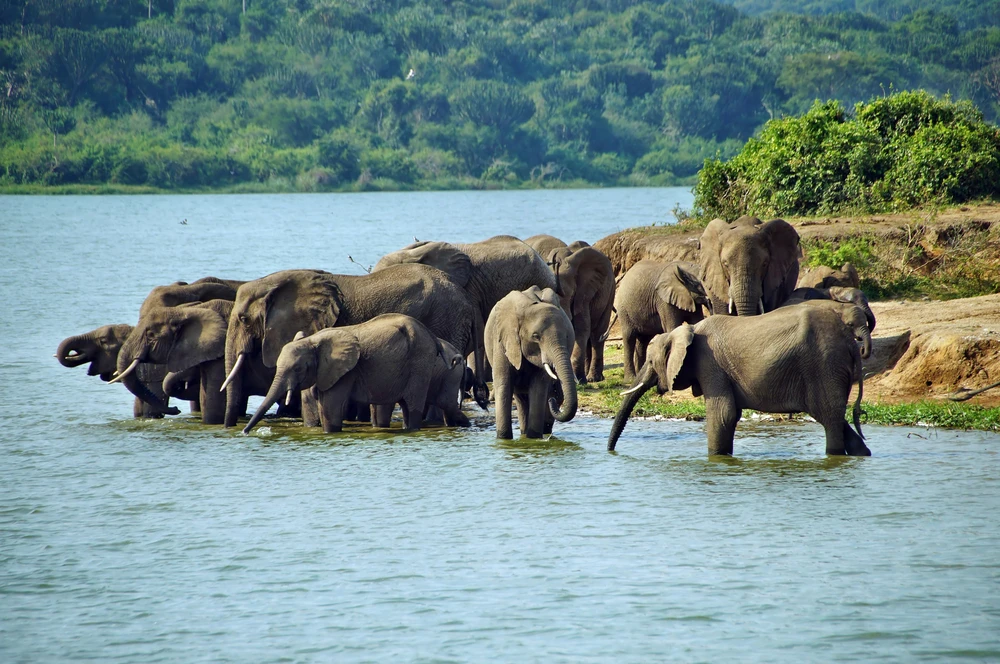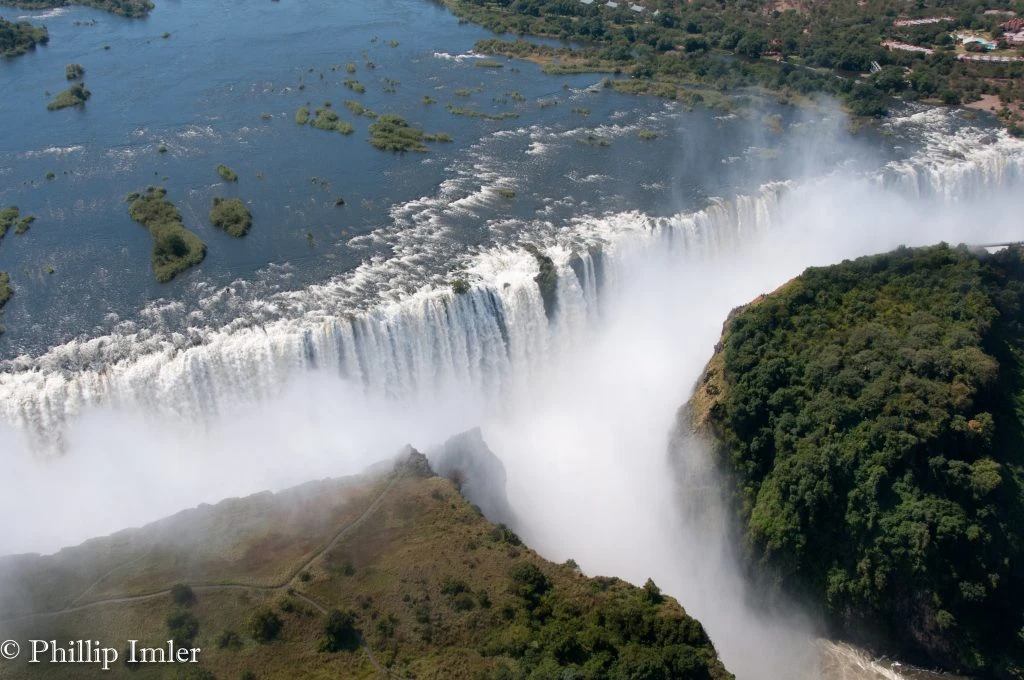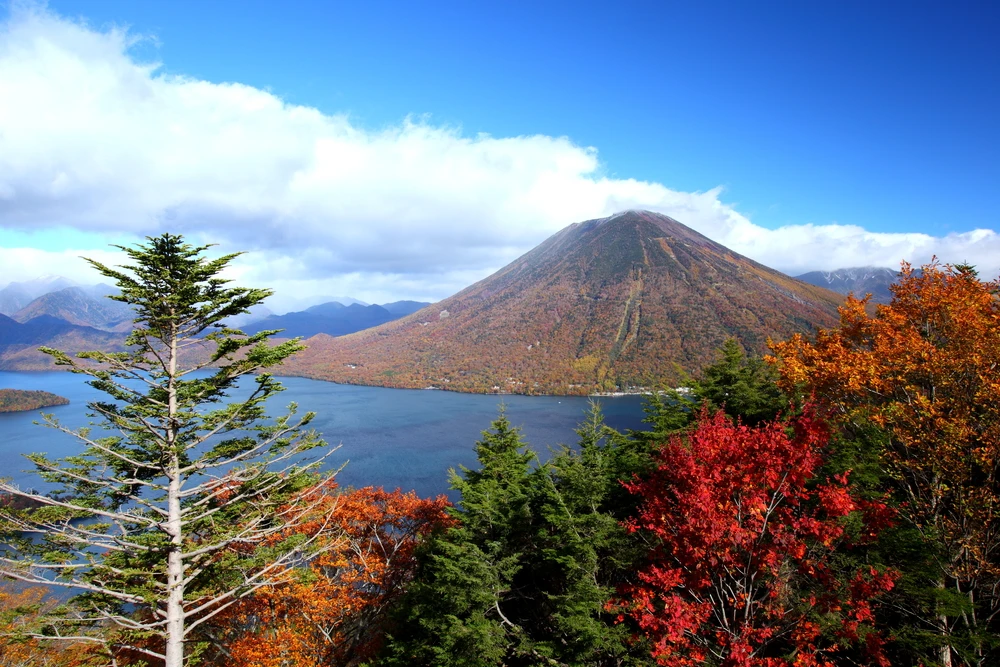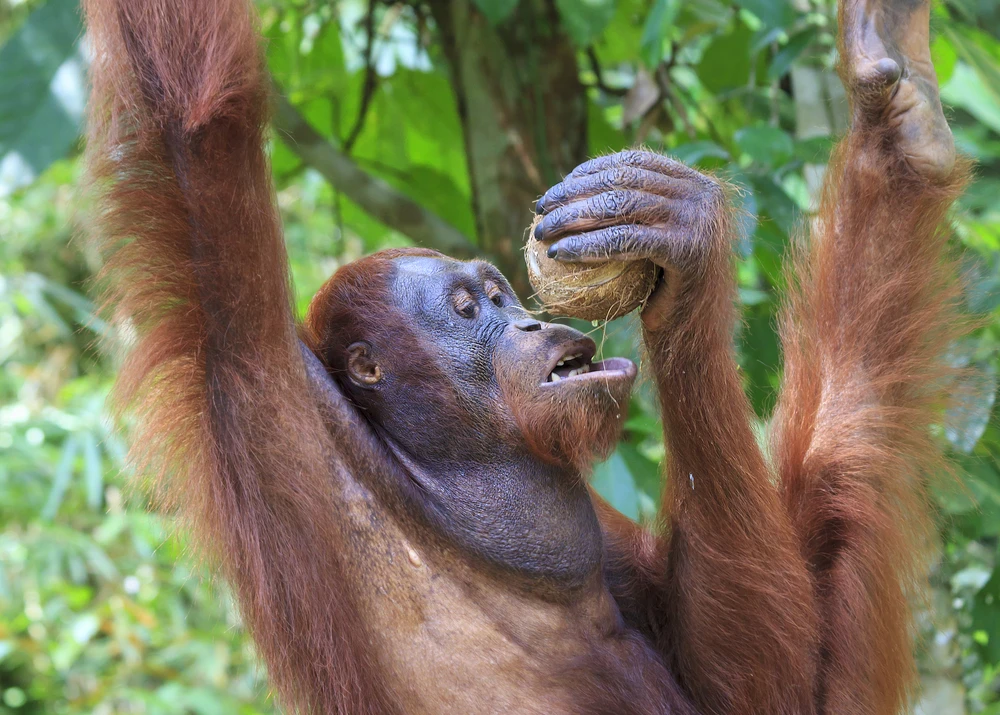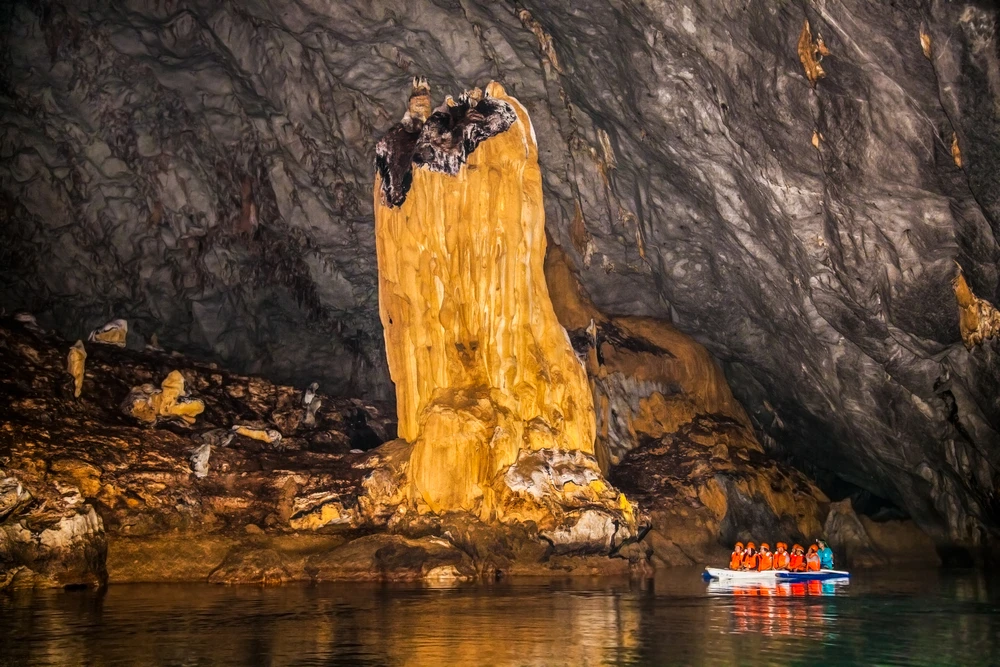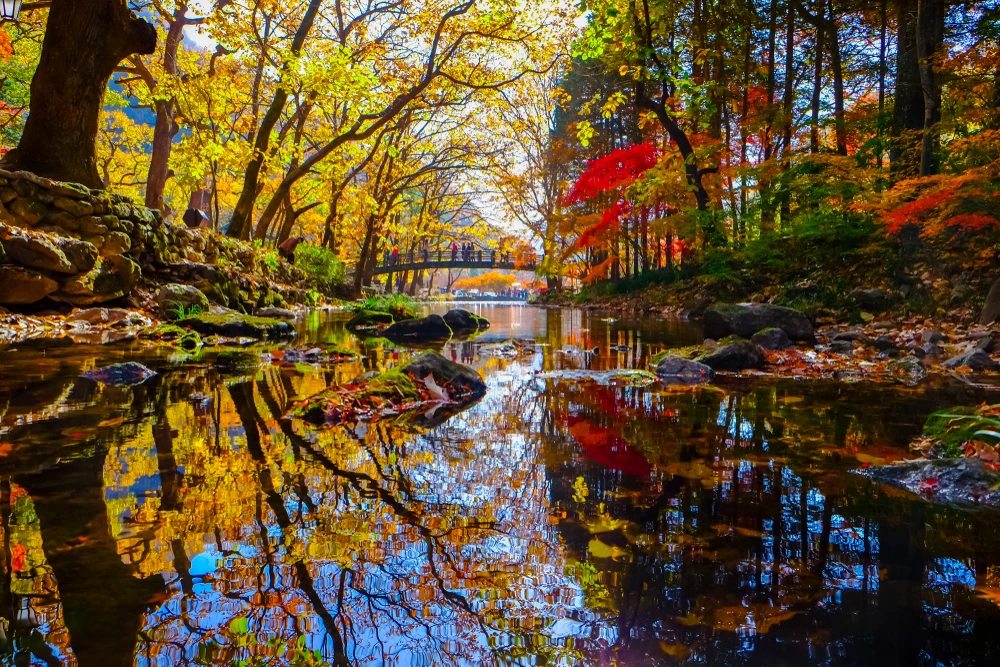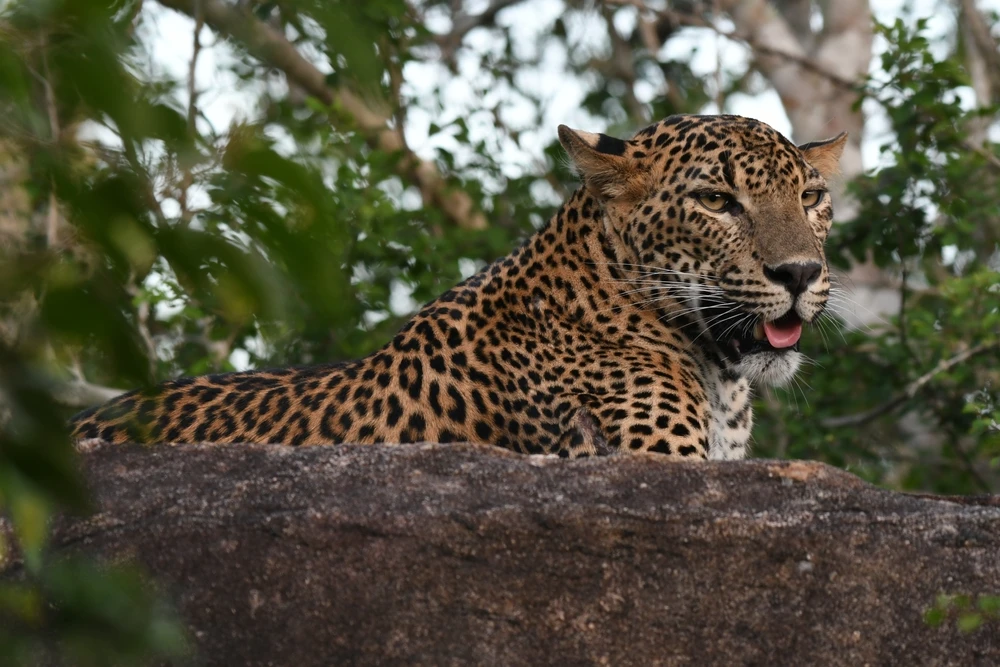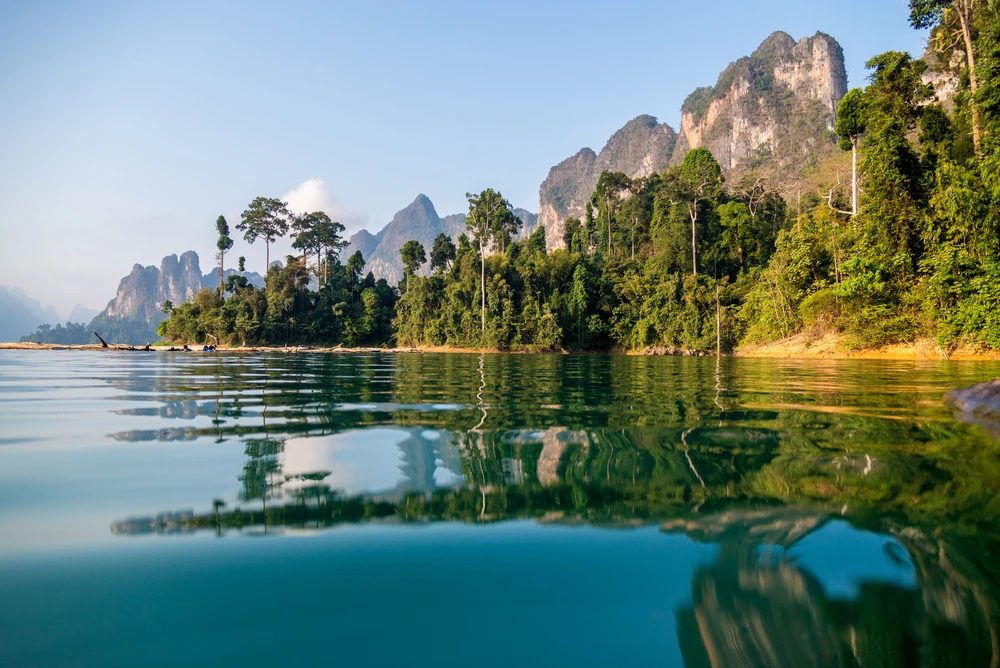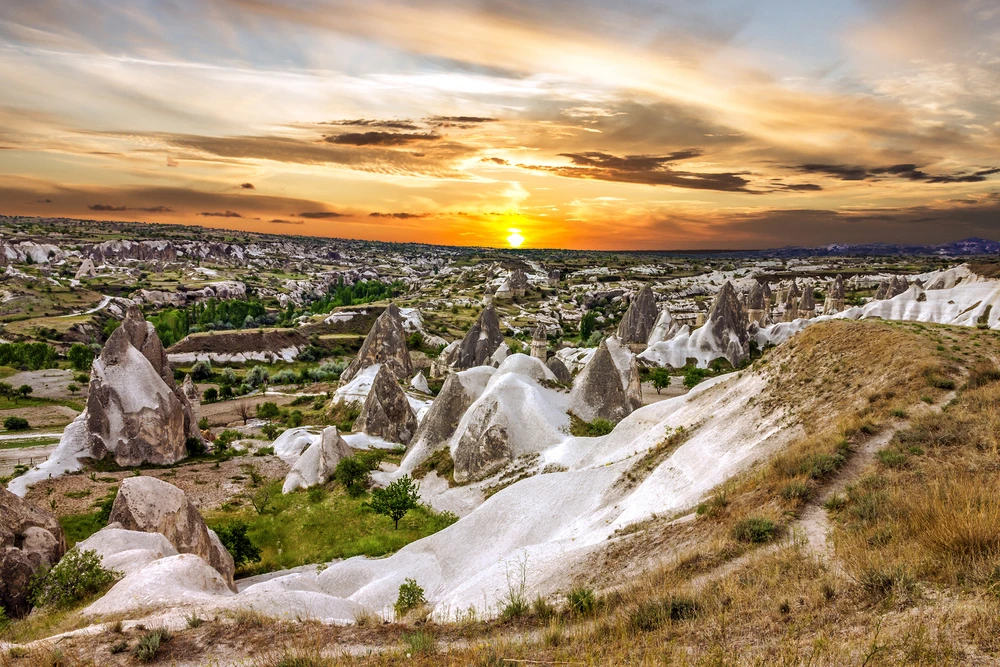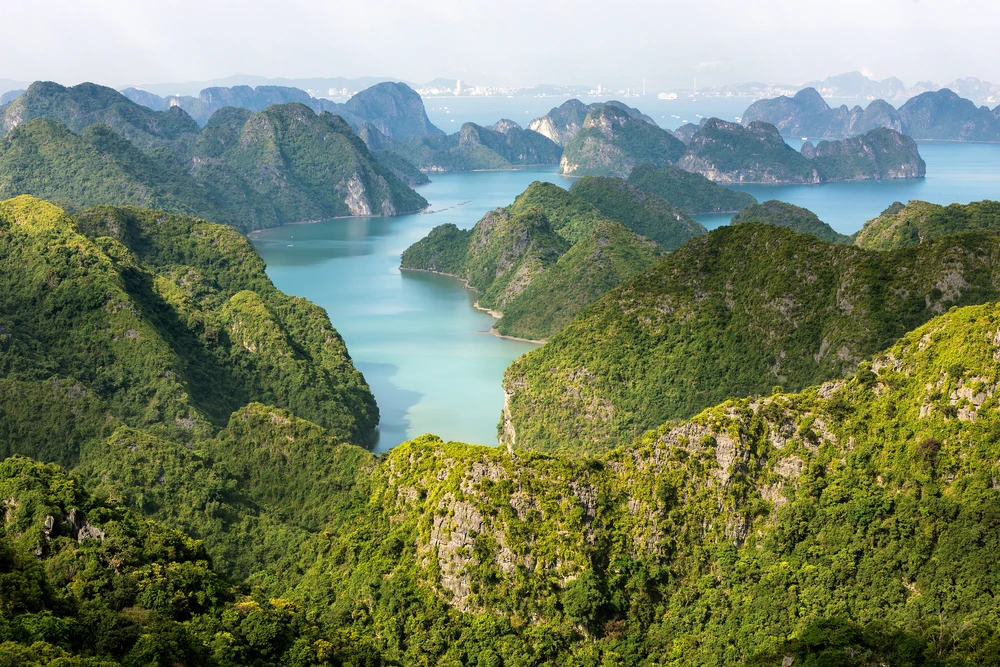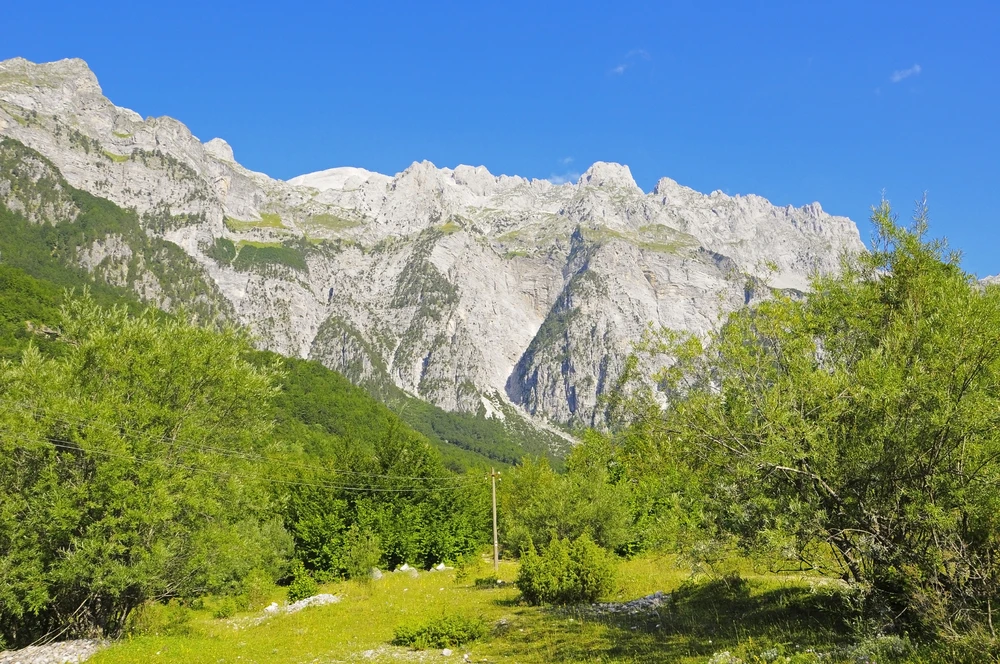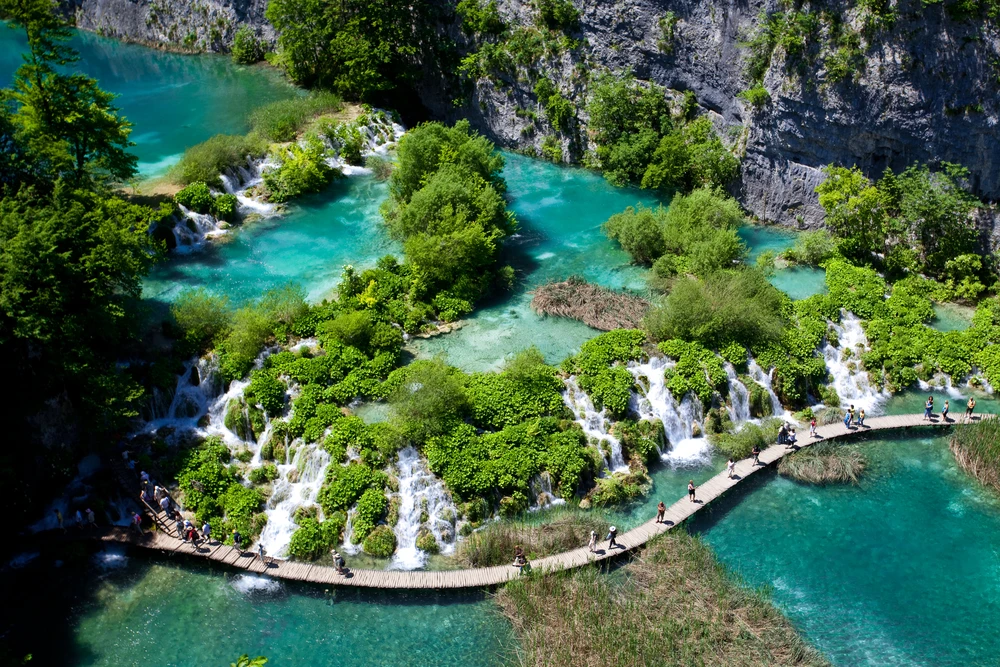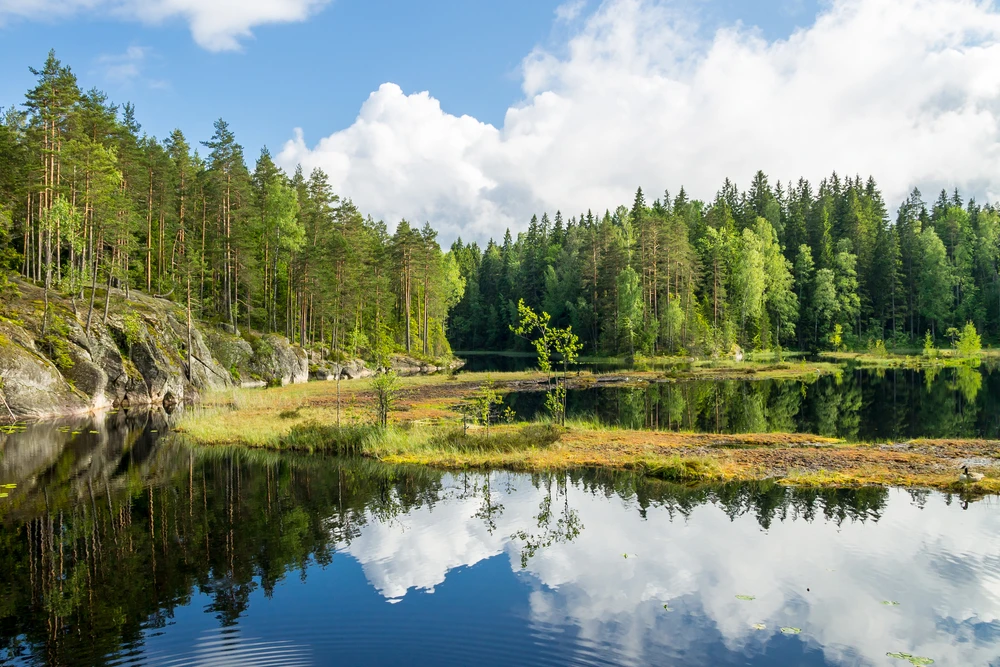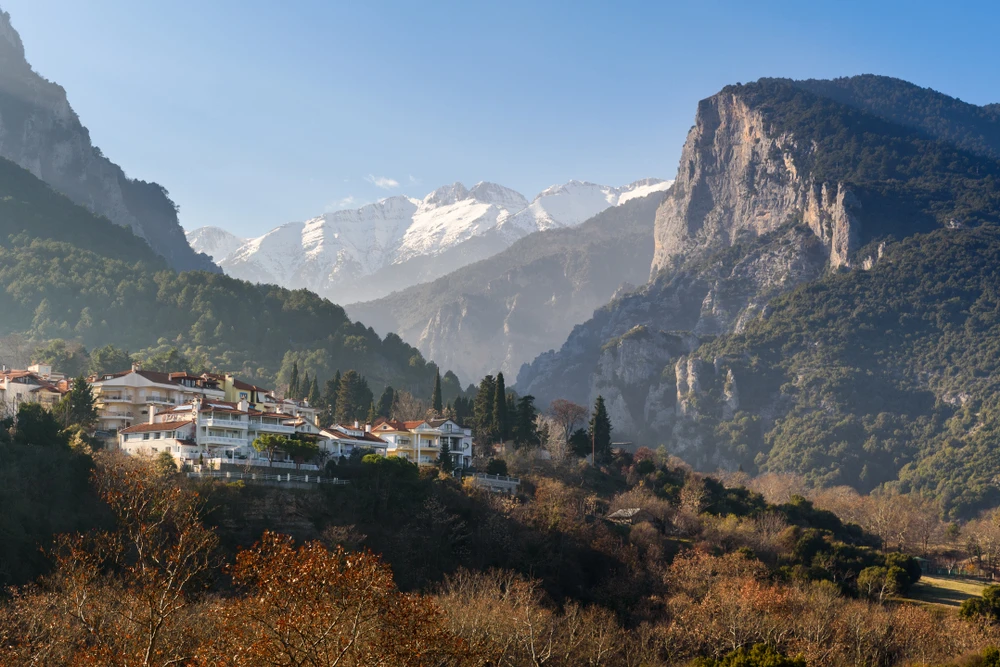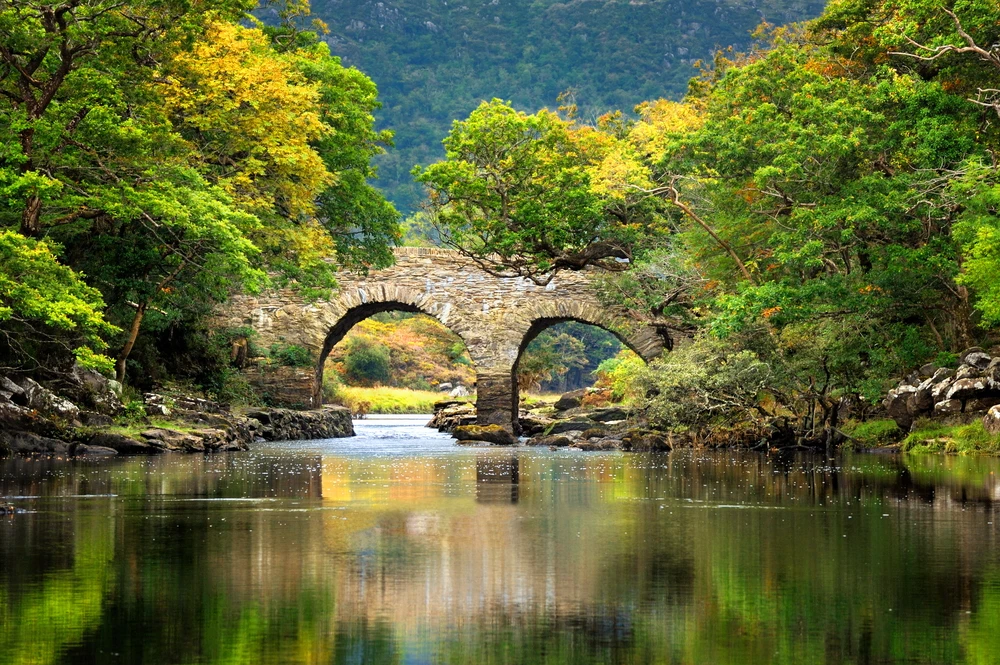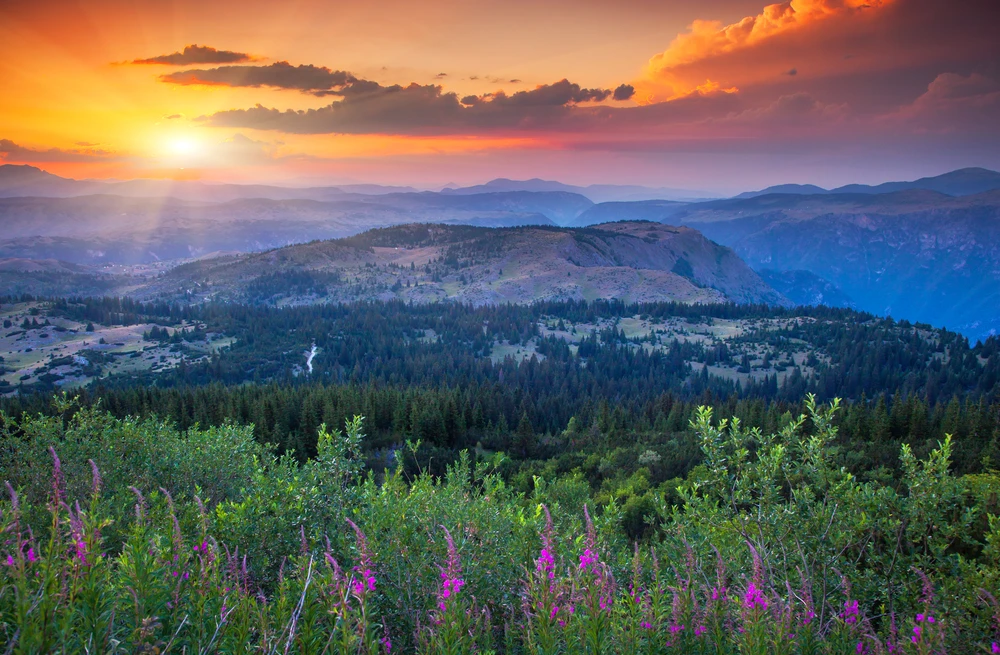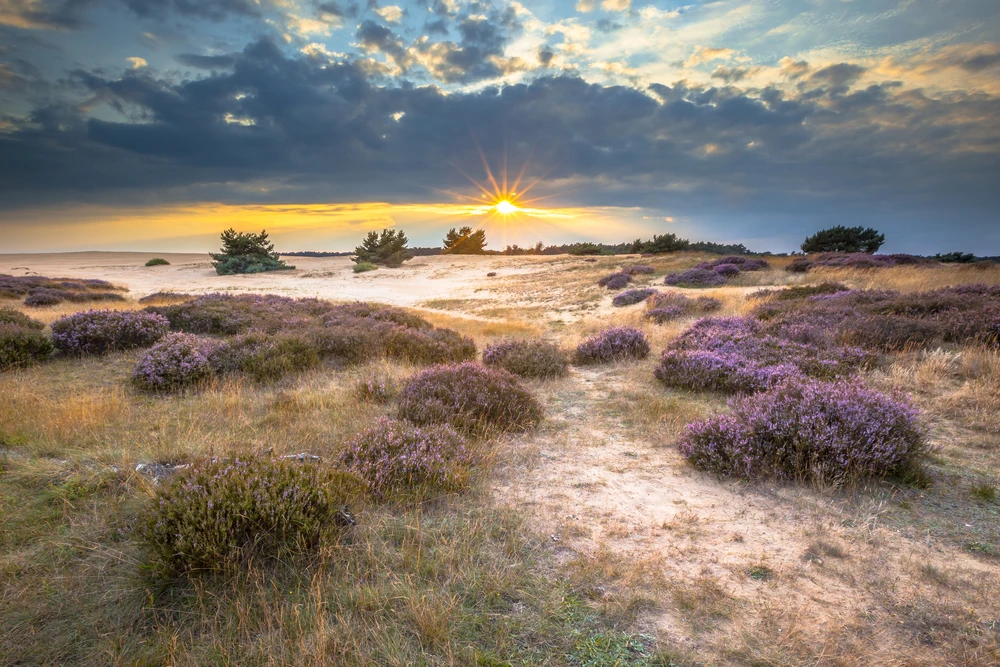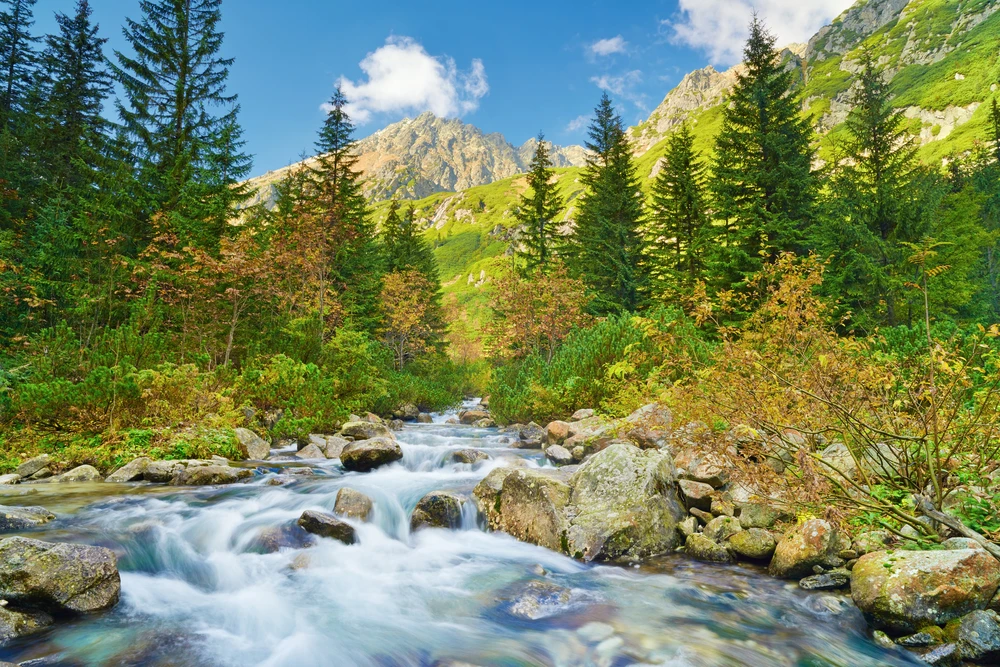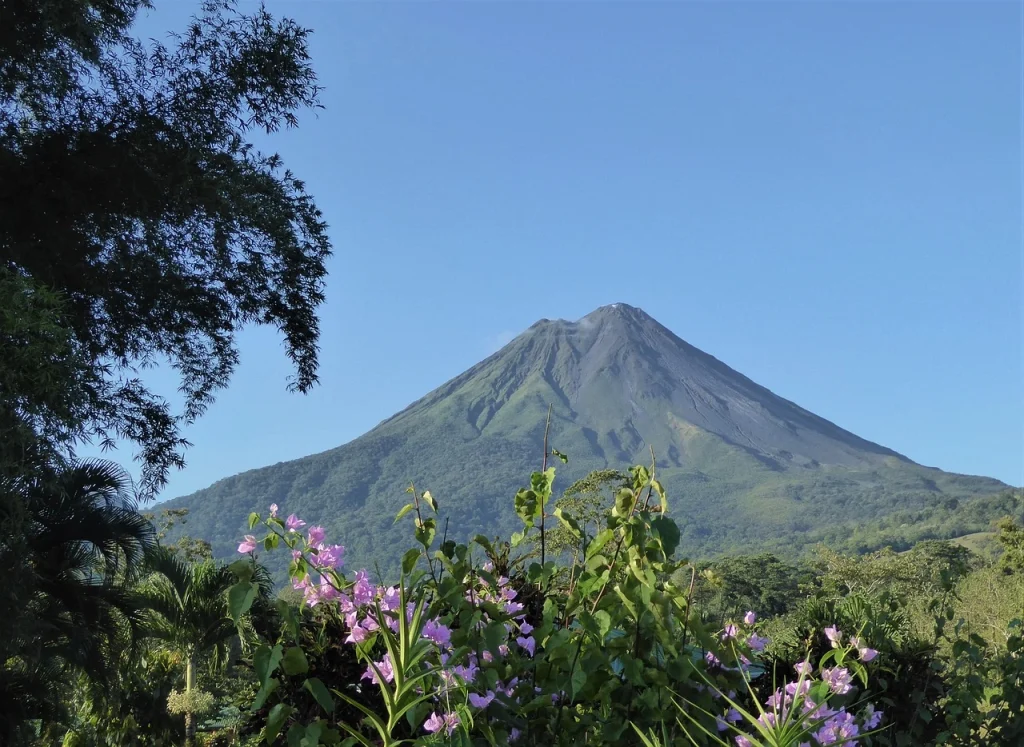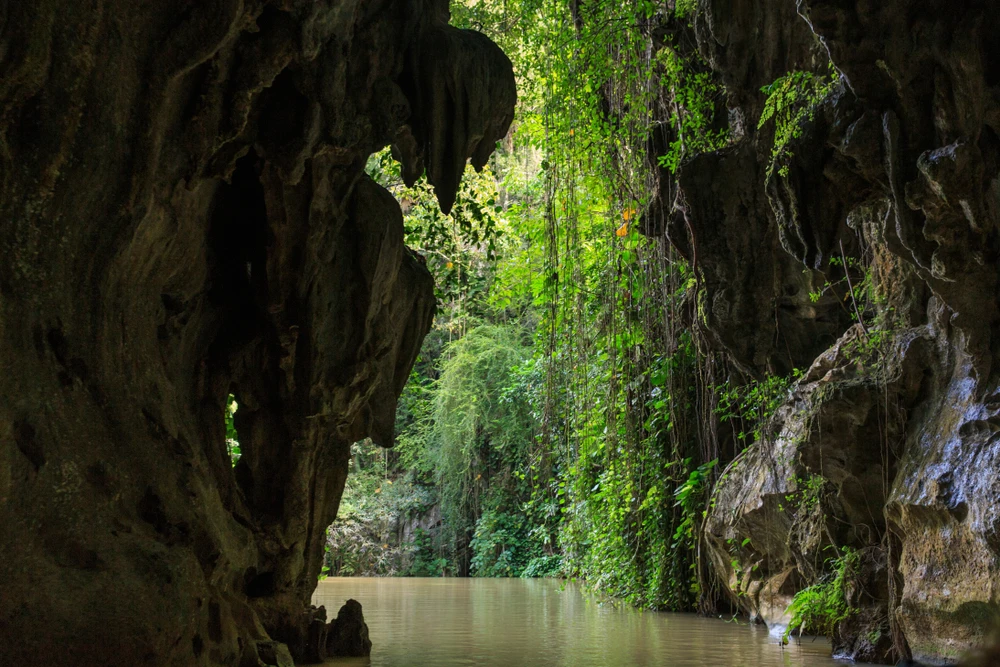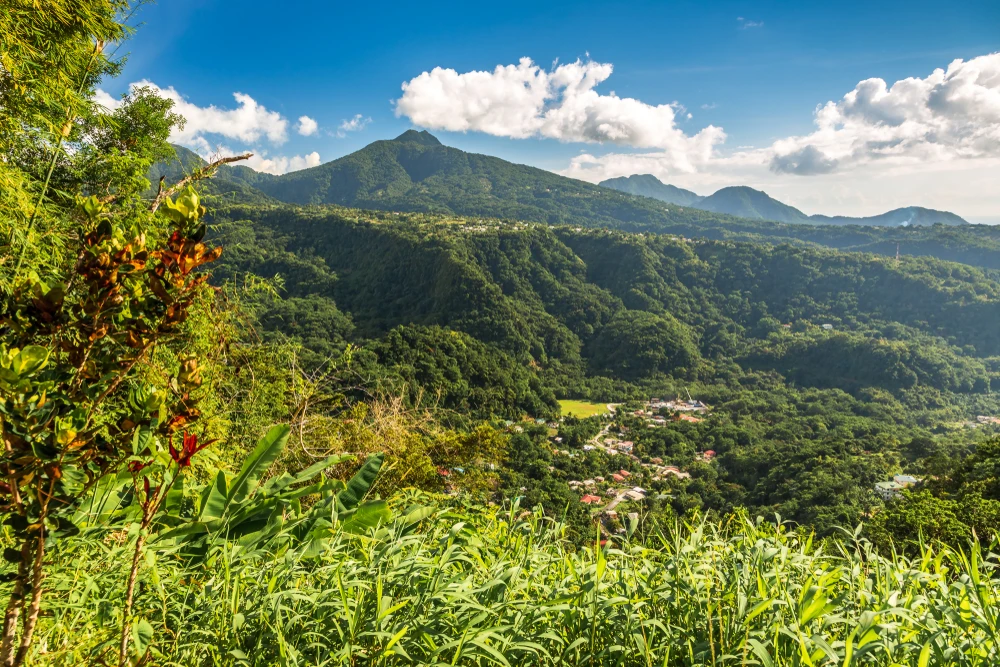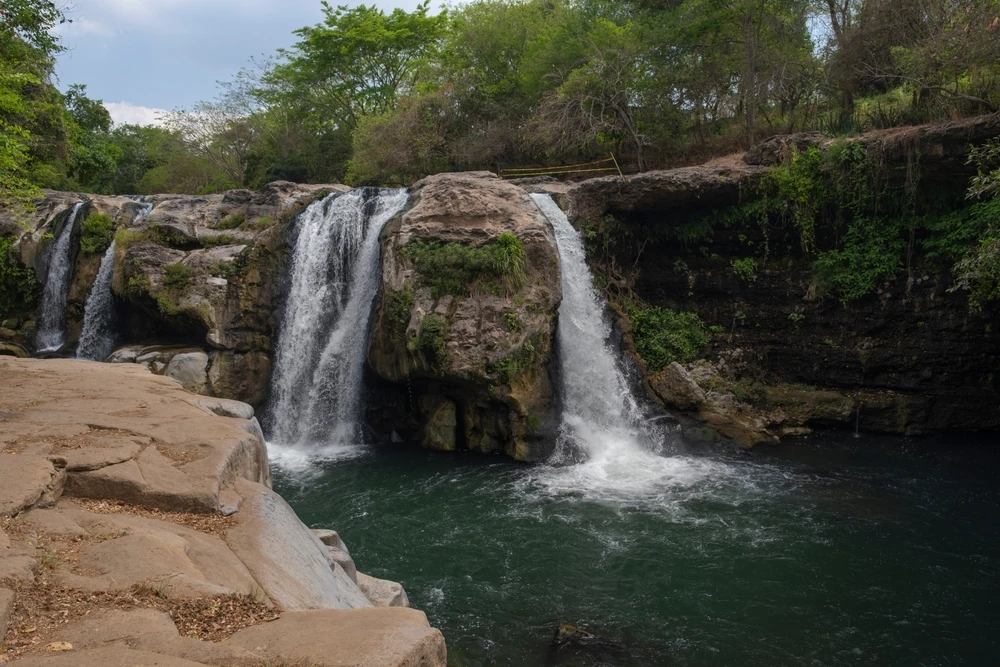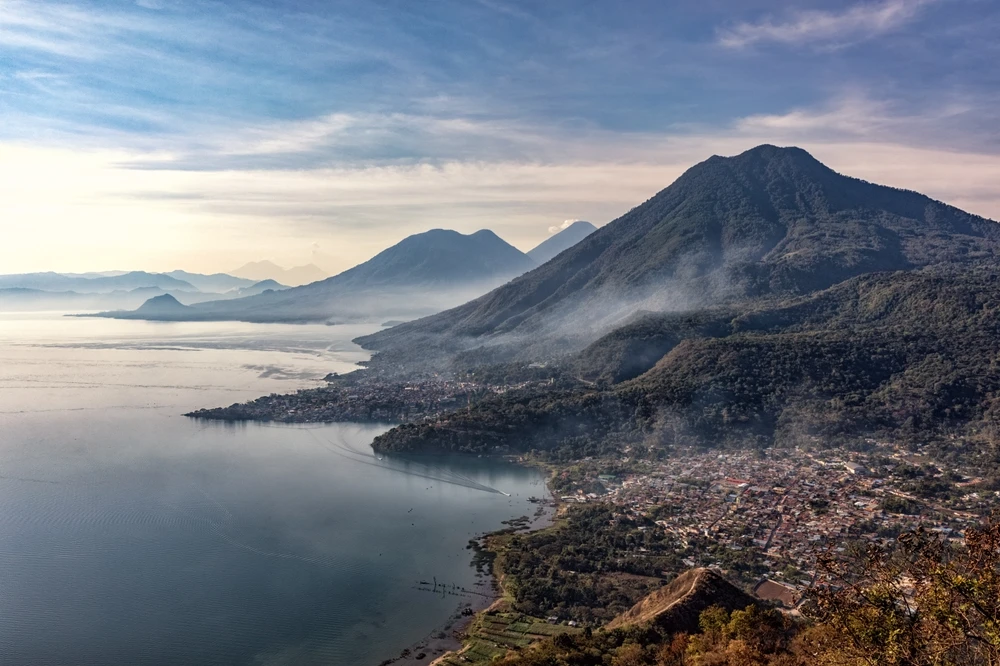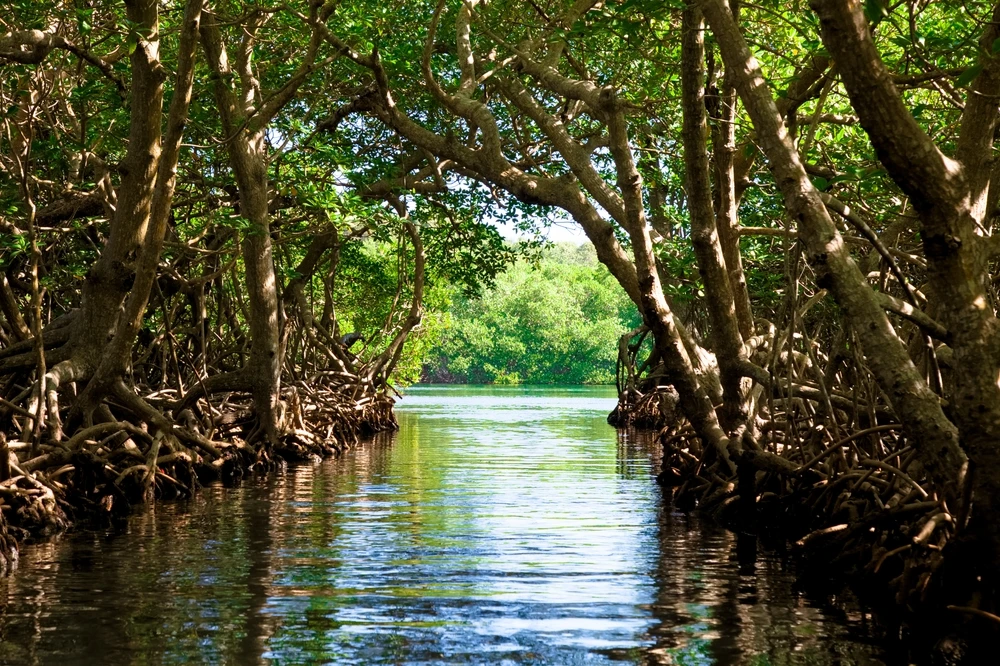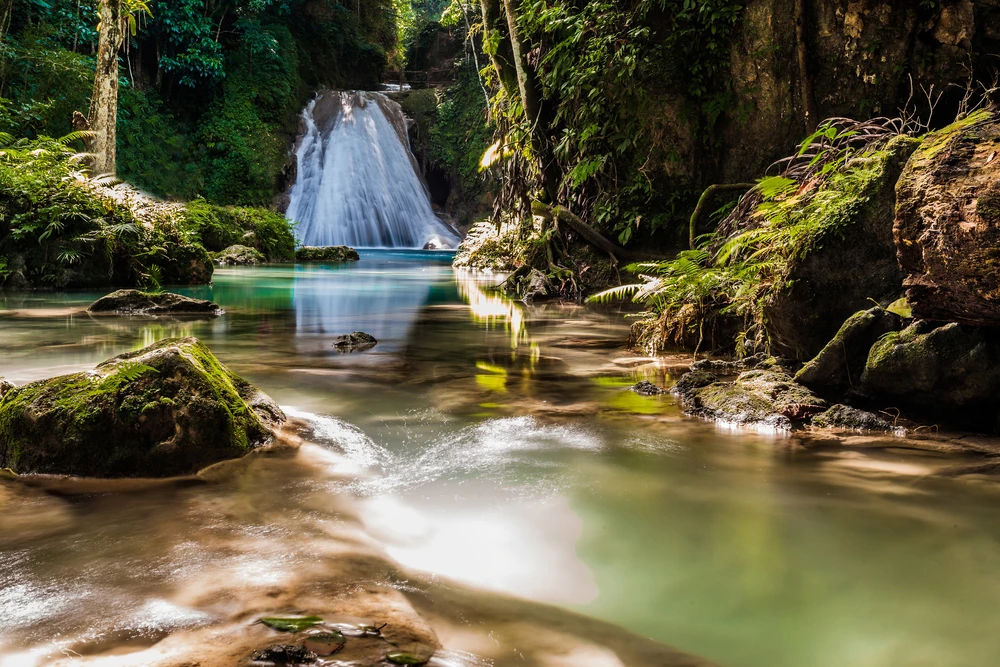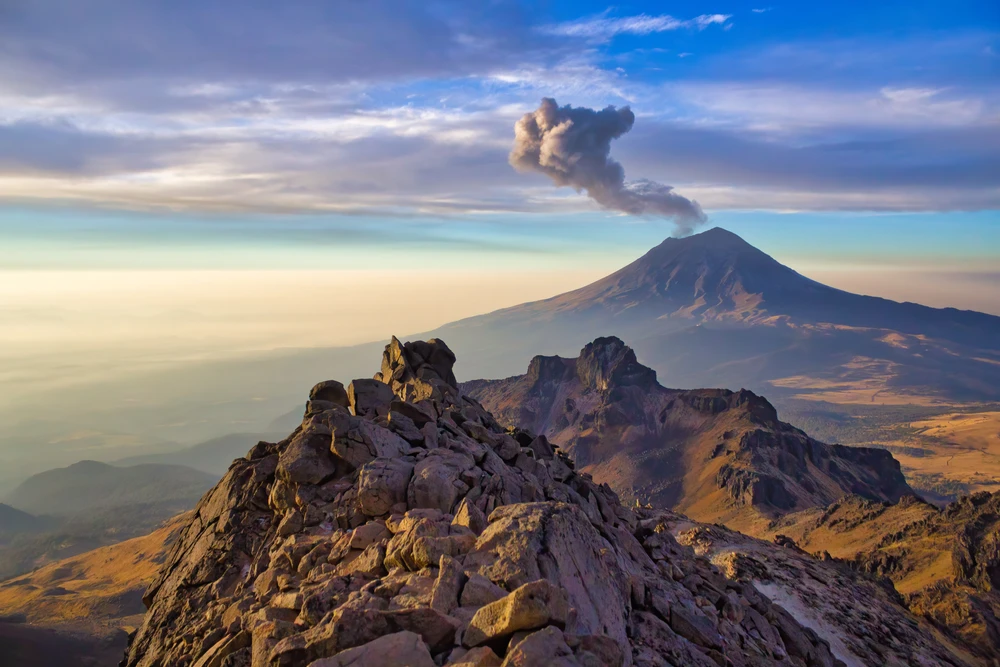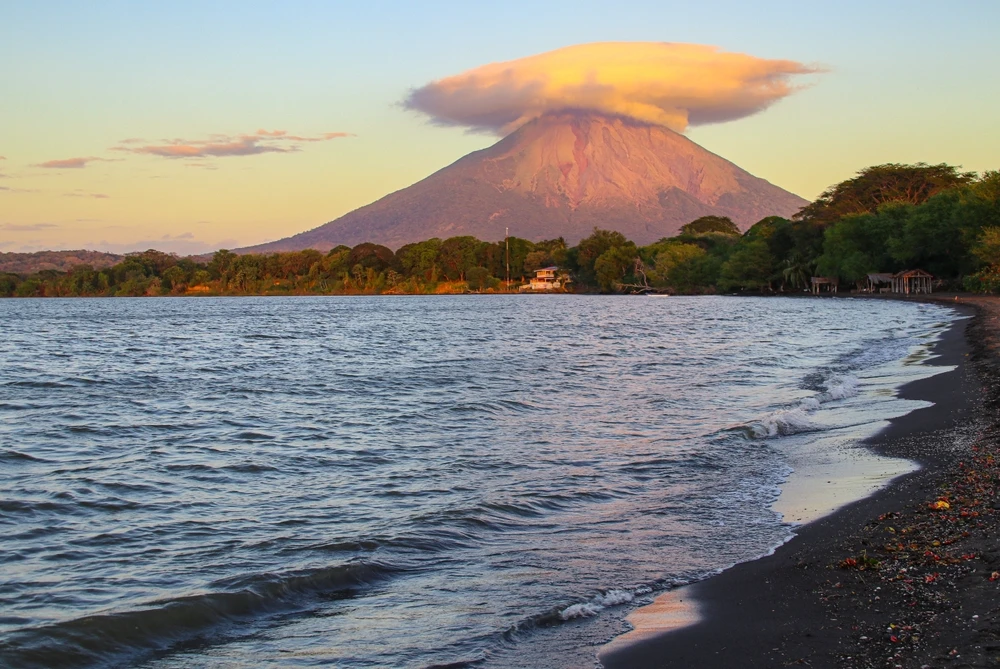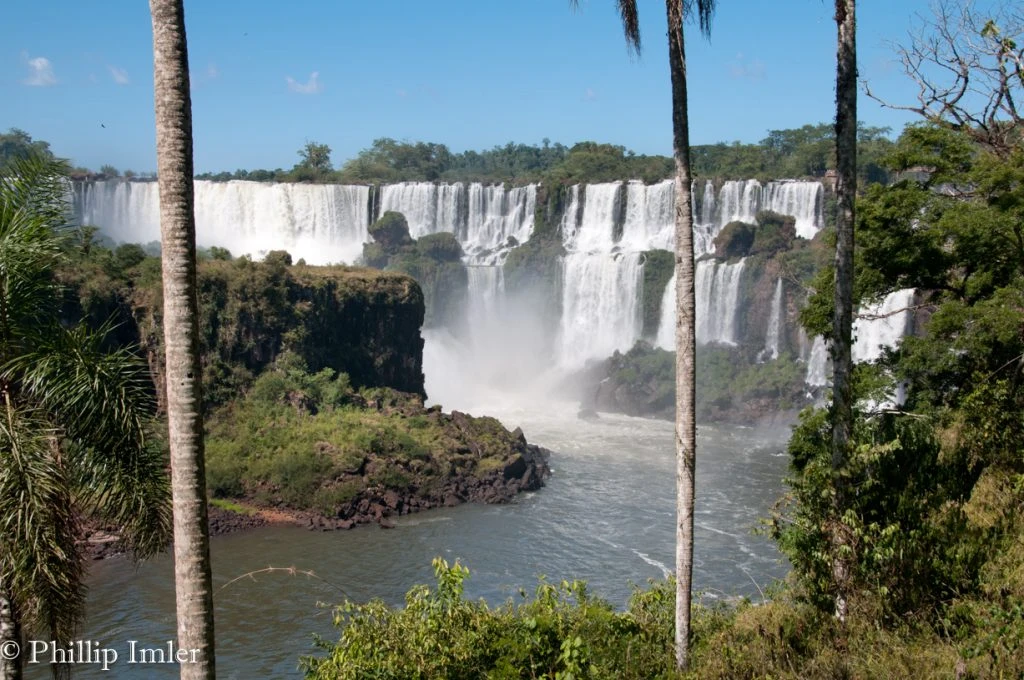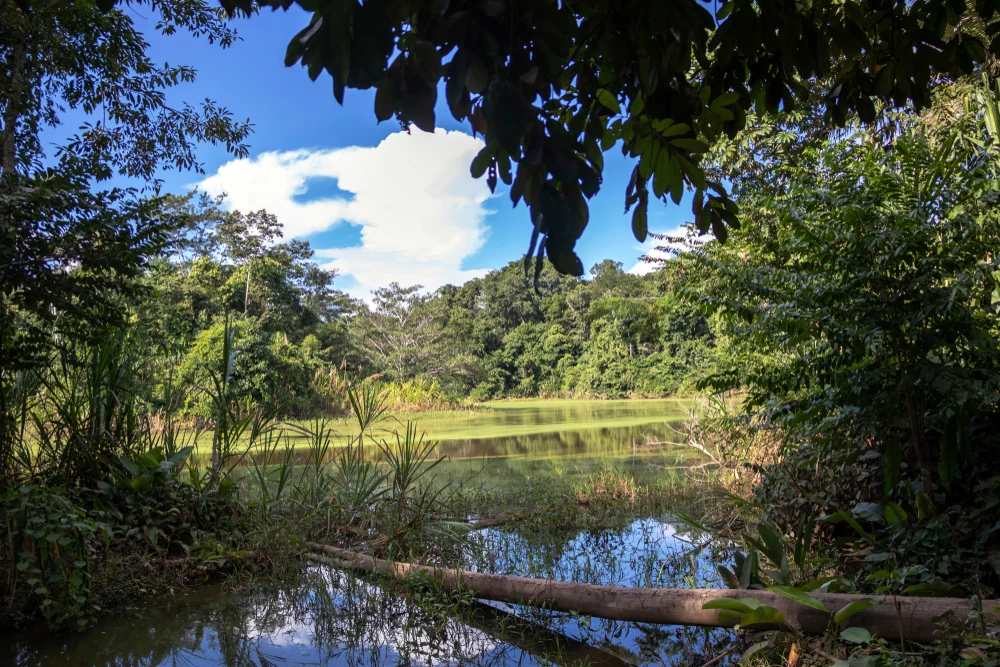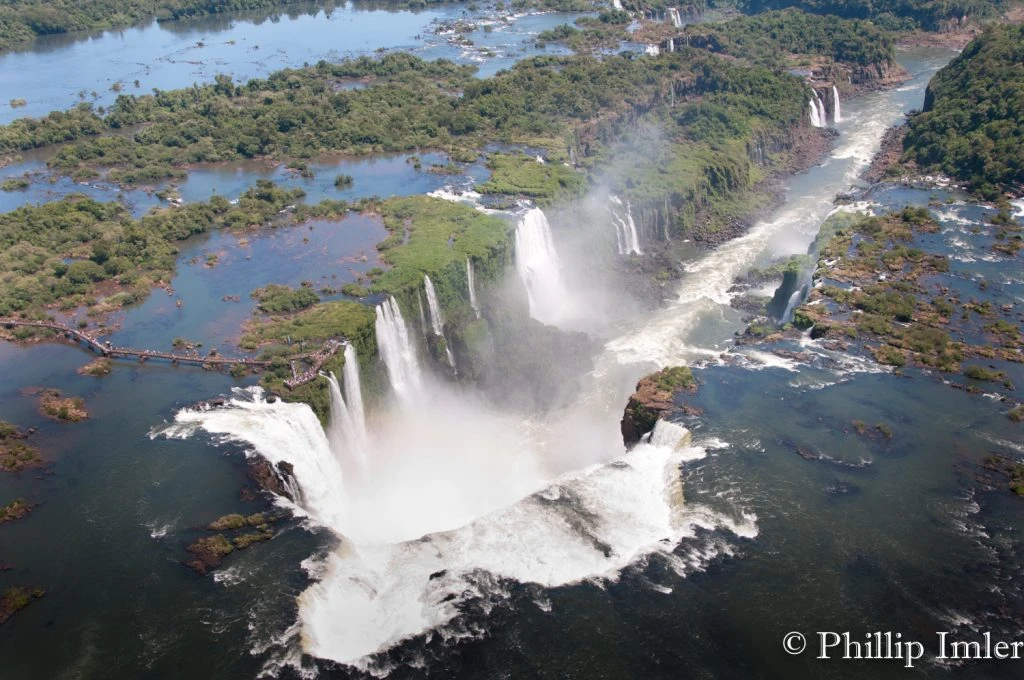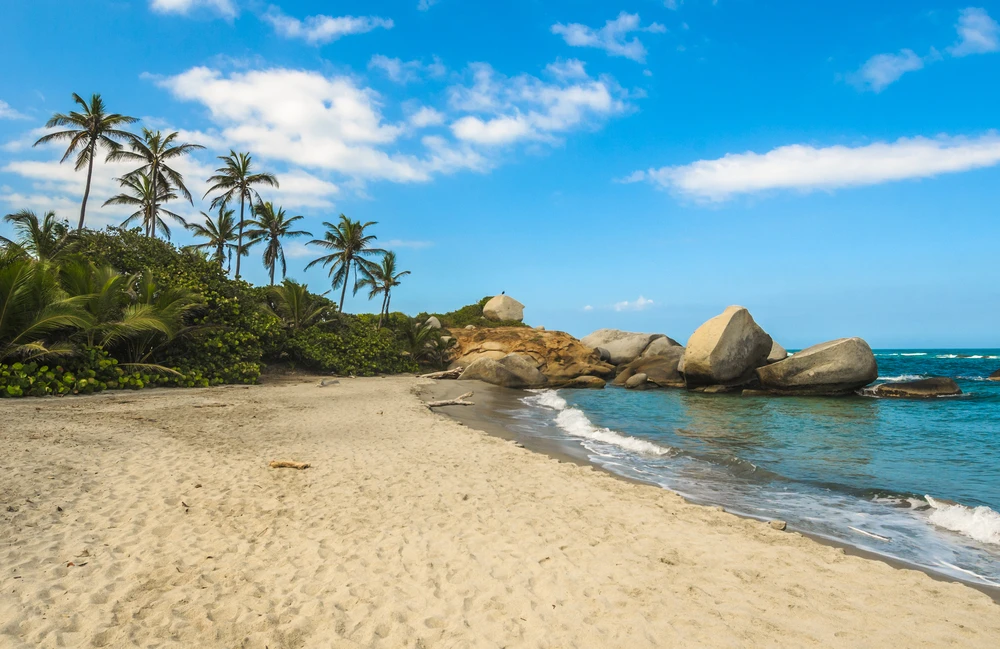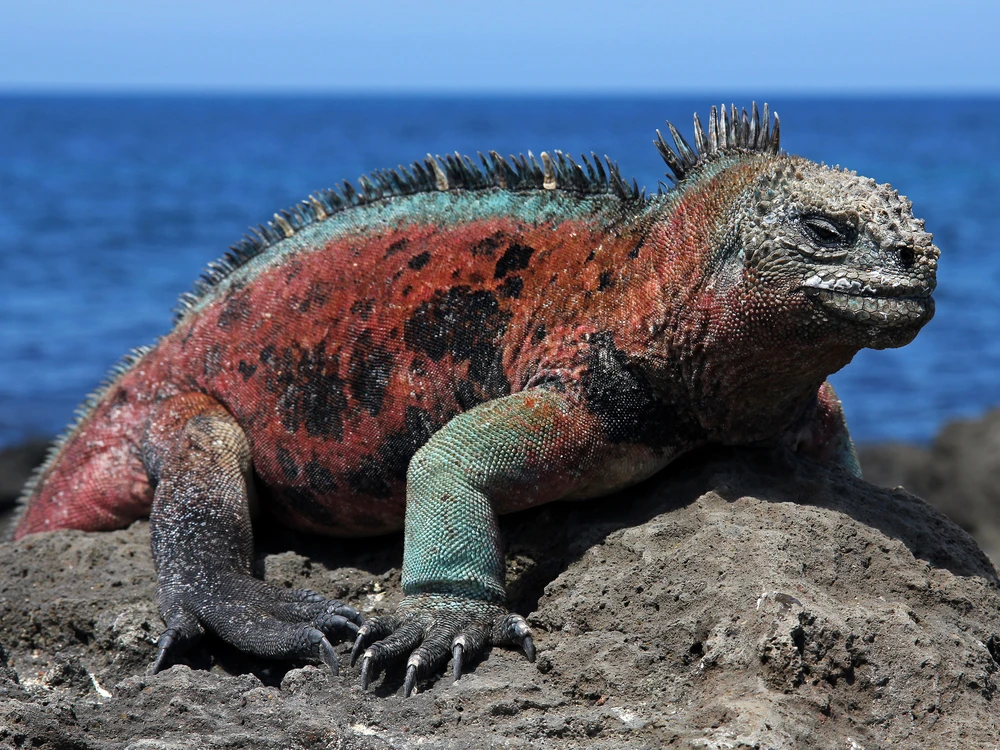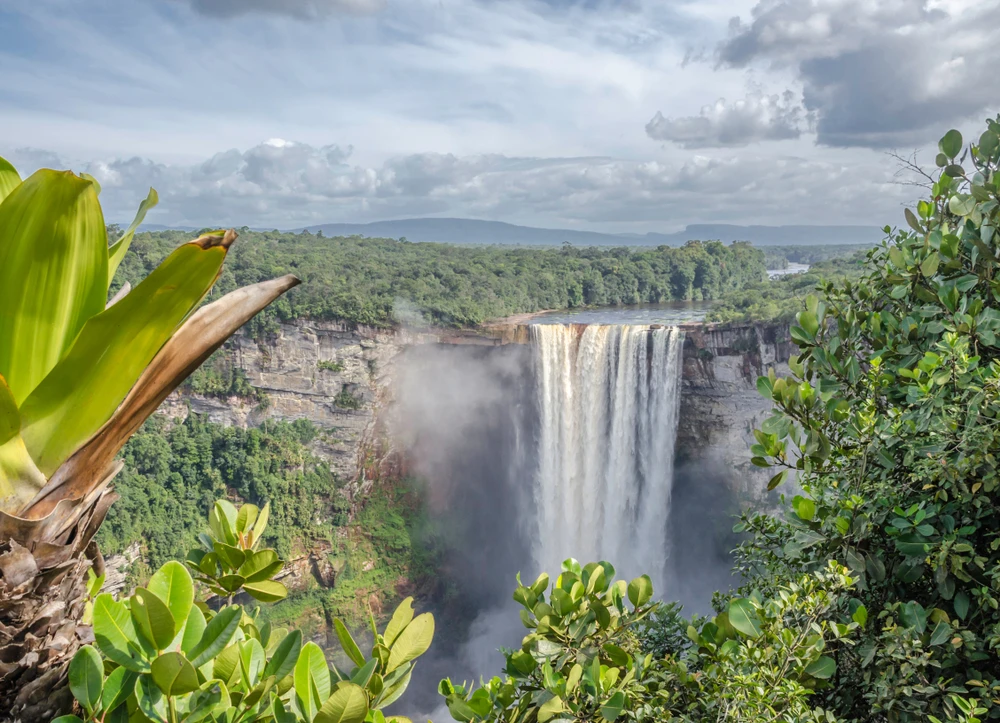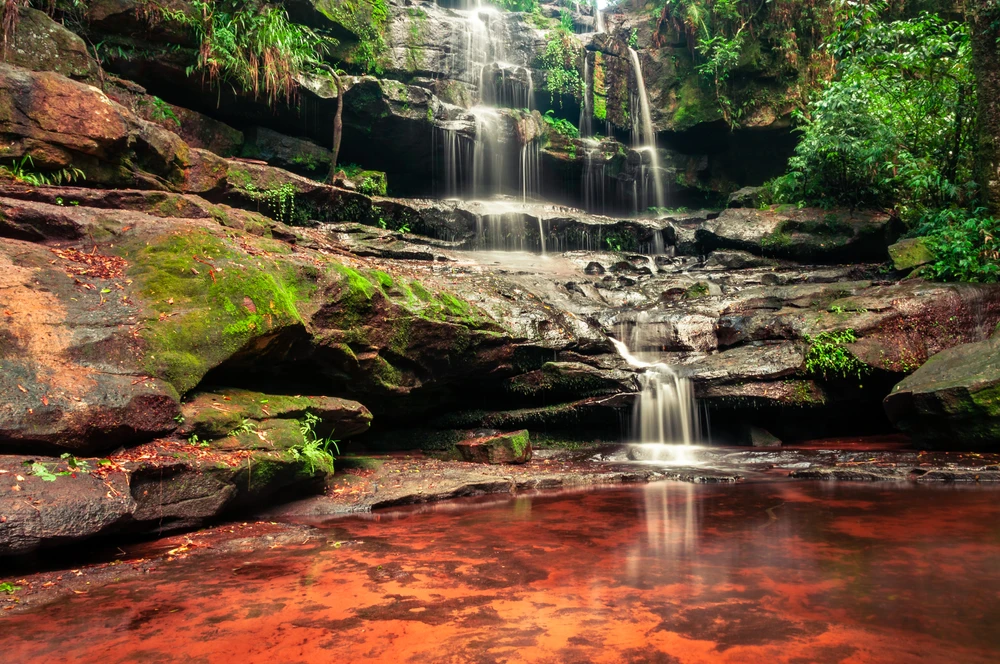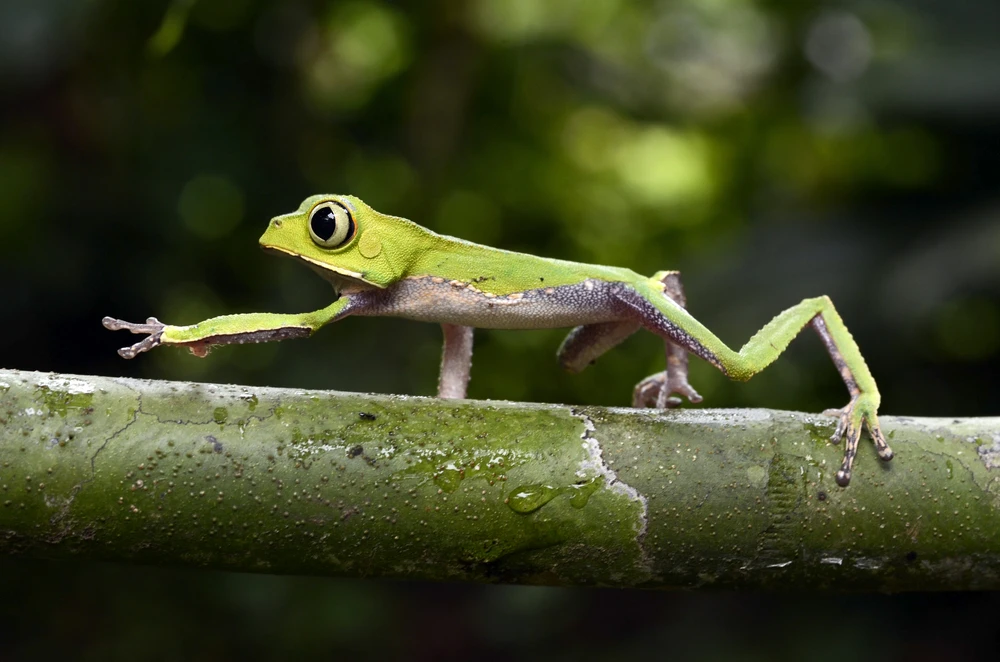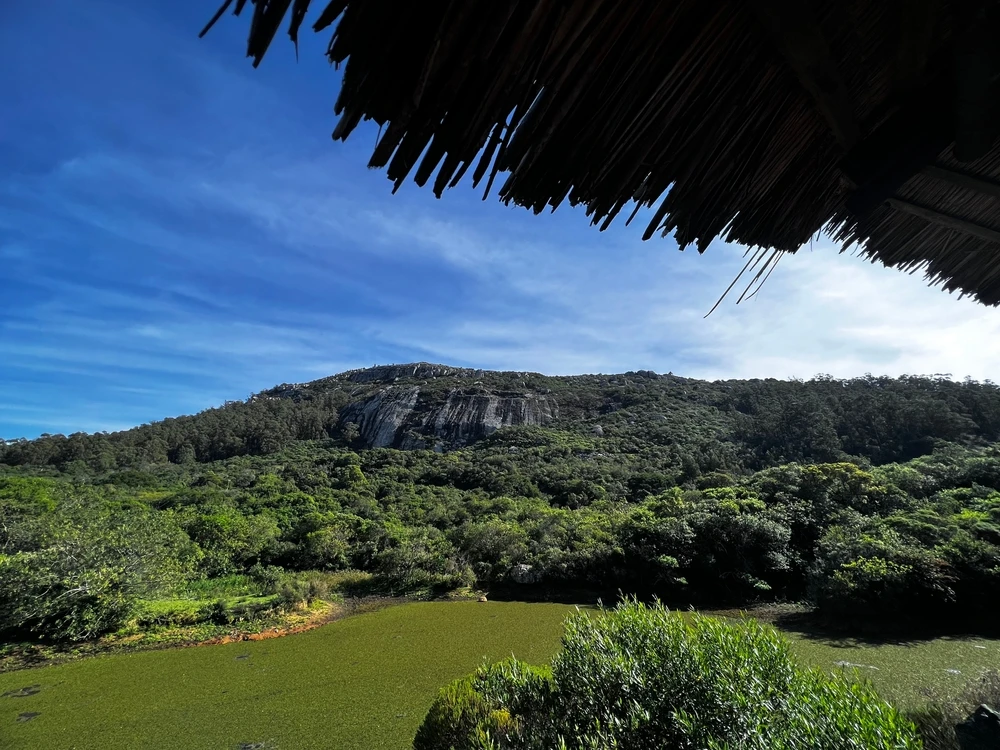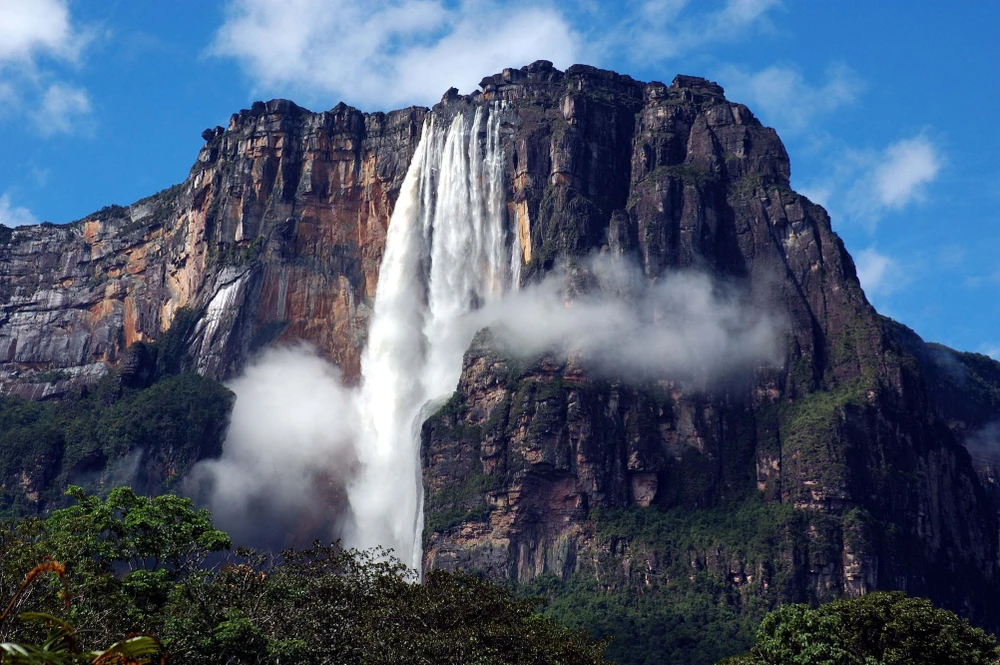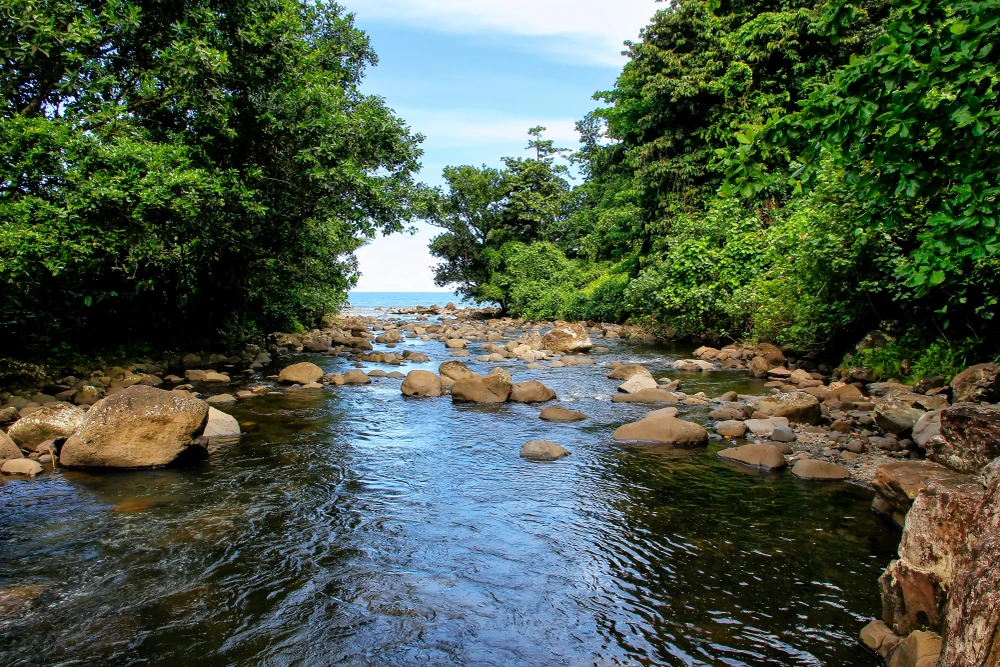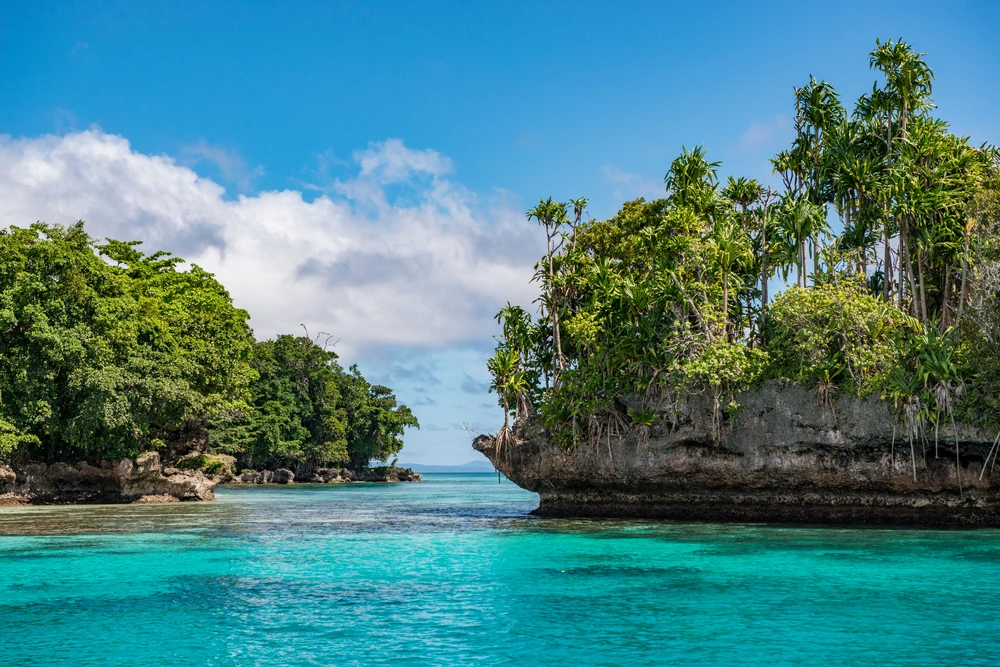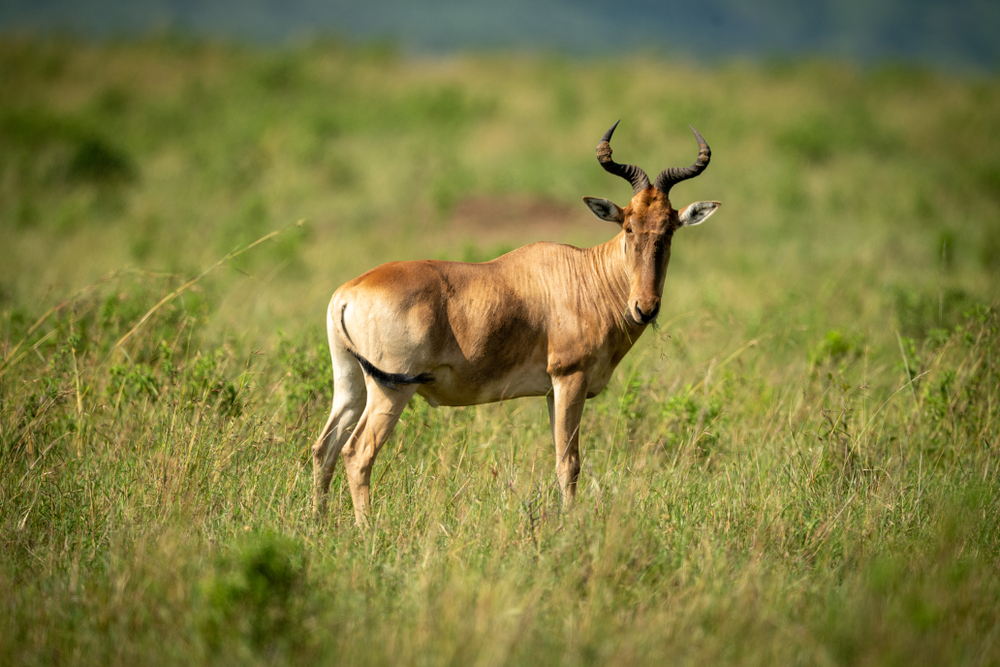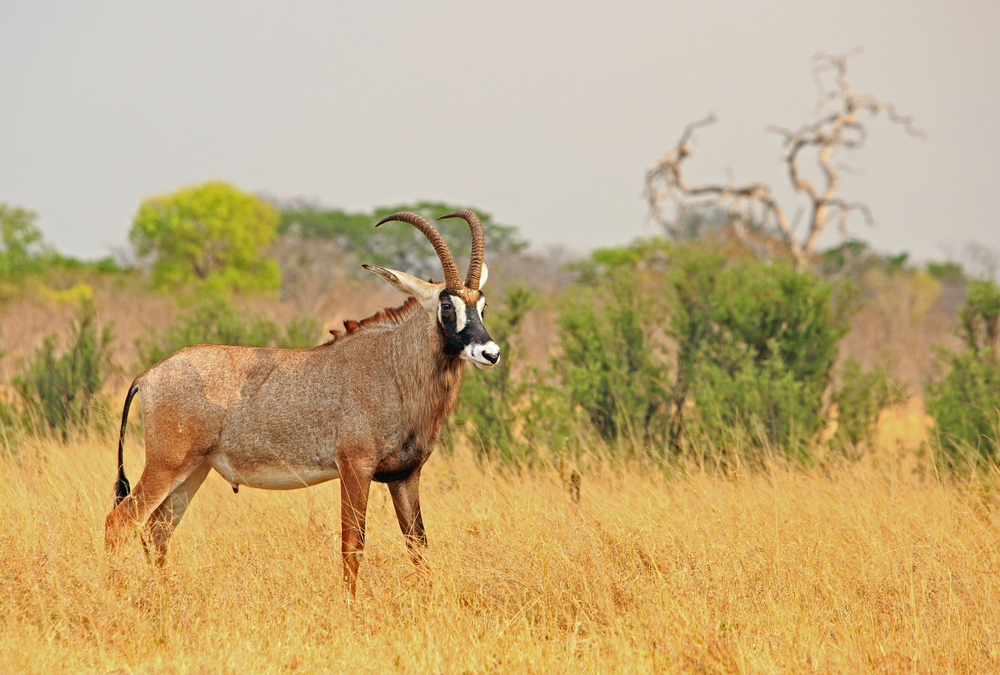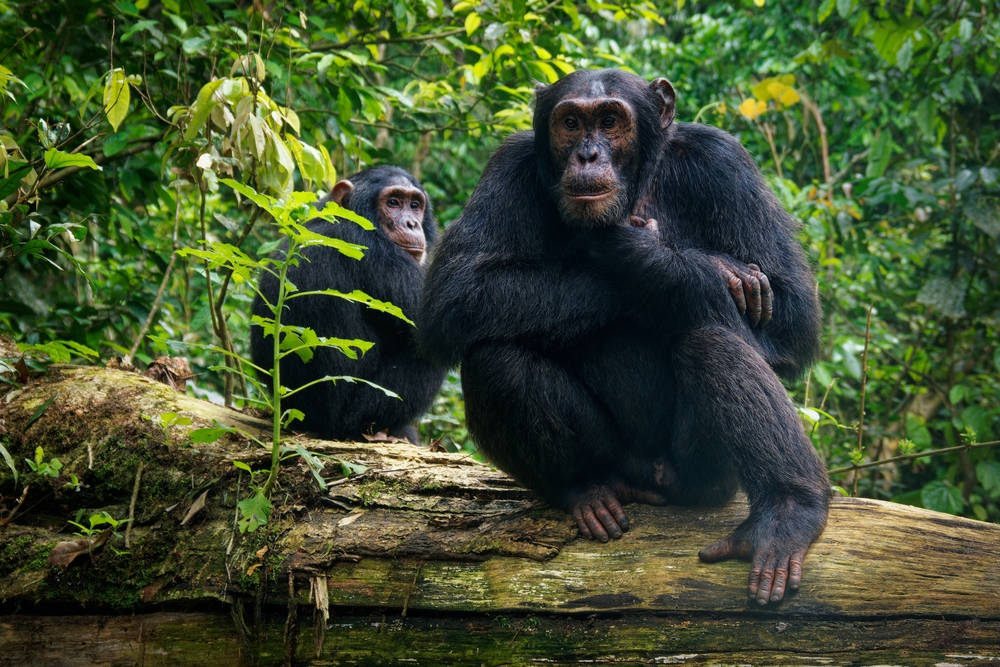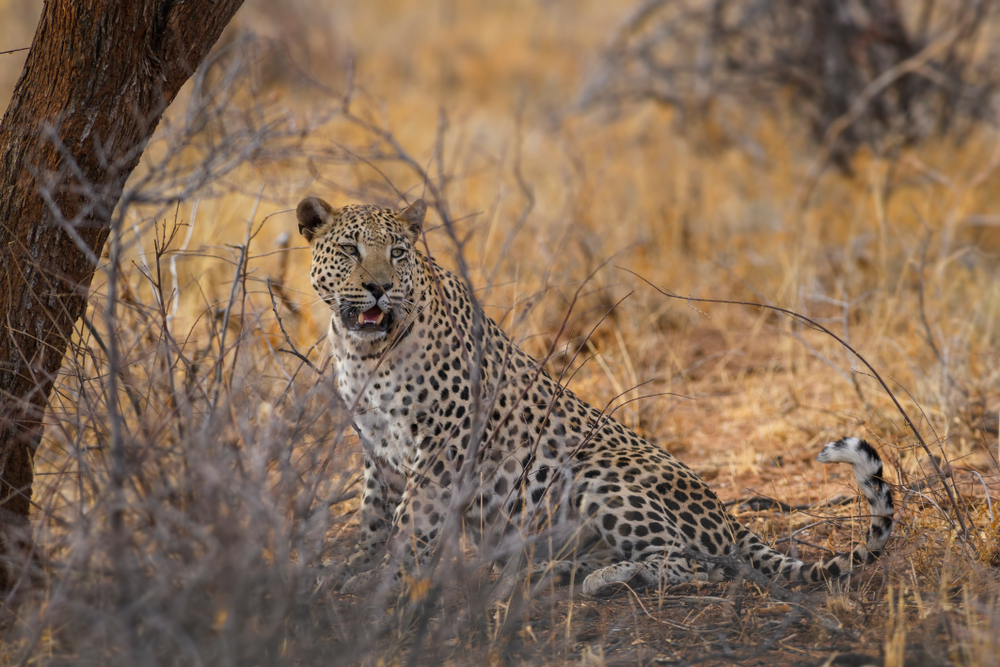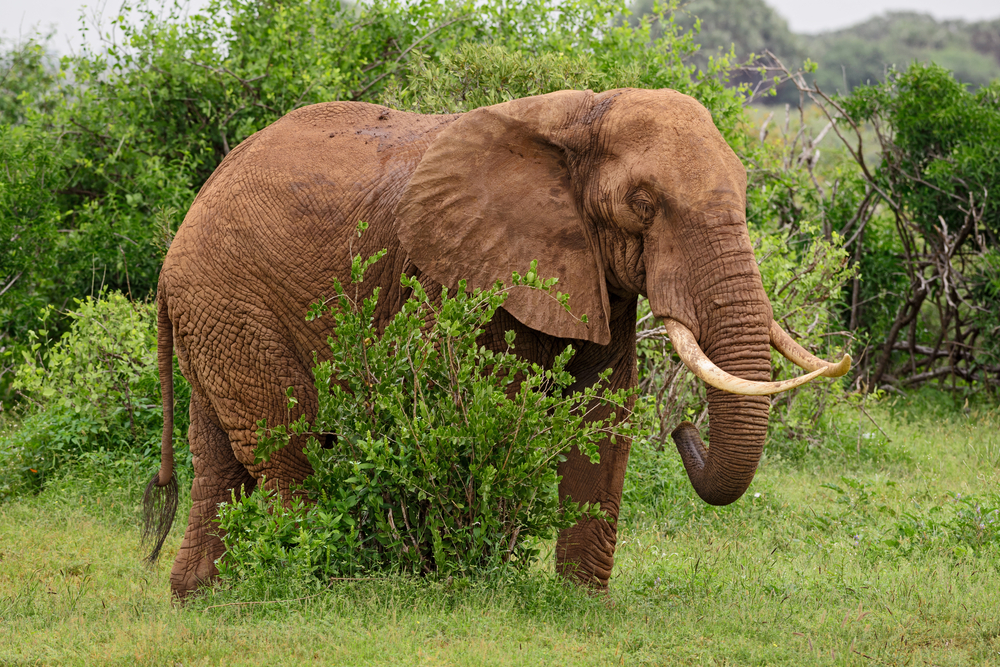Kamuku Overview
Kamuku National Park, located in Kaduna State, Nigeria, is a protected area renowned for its diverse wildlife, striking landscapes, and ecological significance. Covering approximately 1,121 square kilometers (433 square miles), the park is managed by the Nigeria National Park Service and is one of the country’s important conservation areas. Locally referred to as “Filin Kamuku”, the park plays a vital role in protecting the savanna ecosystems of northwestern Nigeria.
The terrain of Kamuku National Park is predominantly a blend of savanna woodlands, rolling hills, rocky outcrops, and open grasslands. Seasonal rivers and streams, such as the Bunsuru River, provide water sources for wildlife, particularly during the dry season. The vegetation is characterized by drought-resistant plants, including acacia trees, baobabs, and various shrubs, which thrive in the park’s semi-arid climate. This landscape supports a rich variety of species, making it an essential area for biodiversity conservation.
Kamuku National Park is home to a wide array of wildlife, including several iconic African species. Large mammals such as elephants, roan antelope, and hartebeest can be spotted in the park, while smaller animals like warthogs, baboons, and patas monkeys are common. Predators, including leopards and hyenas, inhabit the area but are elusive. The park is also a birdwatcher’s paradise, with over 200 recorded bird species, including the Abyssinian ground hornbill, grey-headed kingfisher, and black-headed heron. Reptiles and amphibians, such as monitor lizards and frogs, add to the park’s ecological richness.
Visitors to Kamuku National Park can enjoy a range of activities that highlight its natural beauty. Guided safaris and game drives offer opportunities to observe wildlife in their natural habitats, while nature walks allow for closer exploration of the savanna and woodlands. Birdwatching is particularly rewarding, given the park’s rich avian diversity. The park also offers cultural experiences, including visits to nearby communities where visitors can learn about traditional practices and the importance of conservation in local livelihoods.
Despite its significance, Kamuku National Park faces challenges such as poaching, habitat degradation, and human-wildlife conflict. Limited infrastructure and funding have also hindered the park’s development as a major tourist destination. Conservation efforts led by the Nigeria National Park Service, in collaboration with local and international partners, focus on anti-poaching initiatives, habitat restoration, and community engagement. These efforts aim to balance ecological preservation with sustainable development and ensure the park’s long-term viability.
Kamuku National Park is a gem of Nigeria’s natural heritage. Its diverse landscapes, rich wildlife, and cultural significance make it an important destination for eco-tourists and researchers. Protecting this park is crucial for conserving Nigeria’s savanna ecosystems and ensuring that its unique biodiversity is preserved for future generations.


